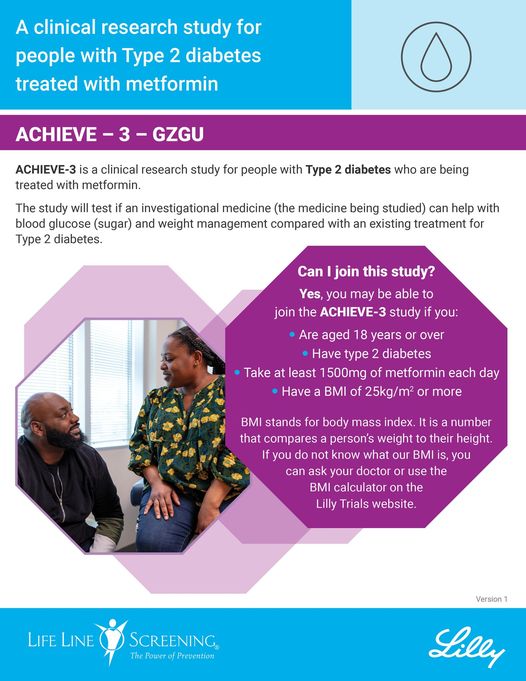Attention Deficit Hyperactivity Disorder (ADHD) can present significant challenges for both children and adults in various aspects of life, including academic performance, social interactions, and daily routines. However, with the right strategies in place, individuals with ADHD can effectively manage their symptoms and thrive both at home and in school. This blog aims to explore some practical and evidence-based approaches to help individuals with Attention Deficit Hyperactivity Disorder navigate their daily lives successfully, focusing on strategies tailored for both home and school environments.
Establishing Routine and Structure
Consistency is key when it comes to managing Attention Deficit Hyperactivity Disorder symptoms. Establishing a structured daily routine helps individuals with Attention Deficit Hyperactivity Disorder stay organized and focused. At home, create a schedule that includes designated times for tasks such as homework, chores, meals, and recreational activities. Similarly, at school, teachers can support students by providing clear schedules and expectations for classroom activities. By following a predictable routine under the guidance of doctors like Dr. Hanid Audish, individuals with Attention Deficit Hyperactivity Disorder can better manage their time and responsibilities, reducing feelings of overwhelm and stress.
In addition to daily routines, breaking tasks into smaller, manageable steps can make them feel less daunting. Encourage the use of checklists or visual aids to help individuals with Attention Deficit Hyperactivity Disorder track their progress and stay on track. Celebrating small accomplishments along the way can also boost motivation and reinforce positive behaviors.
Utilizing Organizational Tools and Strategies
Organization is essential for individuals with Attention Deficit Hyperactivity Disorder to effectively manage their belongings and tasks. Introduce organizational tools such as color-coded folders, planners, or digital apps that can help individuals keep track of deadlines, appointments, and important information. At home, designate specific areas for storing frequently used items, such as backpacks, school supplies, and keys. Encourage regular decluttering sessions to prevent overwhelm and maintain a tidy environment.
Similarly, teachers can support students with ADHD by providing organizational aids such as assignment notebooks or digital calendars. Breaking down assignments into smaller steps and providing clear instructions can also help students stay organized and focused on the task at hand. By incorporating these organizational tools and strategies into daily routines with the help of doctors such as Dr. Hanid Audish, individuals with Attention Deficit Hyperactivity Disorder can improve their productivity and reduce the likelihood of forgetting important tasks or appointments.
Implementing Behavioral Interventions
In addition to environmental modifications, behavioral interventions can play a crucial role in managing Attention Deficit Hyperactivity Disorder symptoms. Positive reinforcement techniques, such as praise or rewards, can help encourage desired behaviors and motivate individuals with Attention Deficit Hyperactivity Disorder to stay focused and engaged. At home, establish a system of rewards for completing tasks or exhibiting positive behaviors, such as earning screen time or special privileges.
Similarly, teachers can implement classroom-based interventions, such as token economies or behavior contracts, to reinforce positive behaviors and discourage disruptive or off-task behavior. Consistent and immediate feedback is key to the success of these interventions, helping individuals with Attention Deficit Hyperactivity Disorder understand the connection between their actions and the resulting consequences. By focusing on positive reinforcement and providing clear expectations under the guidance of doctors like Dr. Hanid Audish, parents and teachers can help individuals with Attention Deficit Hyperactivity Disorder develop self-control and improve their overall behavior both at home and in school.
Encouraging Regular Physical Activity
Regular physical activity has been shown to have numerous benefits for individuals with Attention Deficit Hyperactivity Disorder, including improved focus, mood regulation, and overall well-being. Encourage daily exercise as part of a healthy lifestyle, whether it's through structured activities such as sports or outdoor play, or more low-key options such as yoga or walking. At home, schedule regular breaks for physical activity throughout the day to help burn off excess energy and improve concentration.
In the school setting, incorporate movement breaks into the daily schedule to allow students to release pent-up energy and refocus their attention. Consider introducing classroom activities that involve physical movement, such as stretching exercises or short dance breaks. By promoting regular physical activity under the guidance of doctors like Dr. Hanid Audish, parents and teachers can help individuals with ADHD channel their energy in a positive direction, leading to improved focus and academic performance.
Teaching Coping Strategies for Emotional Regulation
ADHD can often coexist with difficulties in emotional regulation, leading to challenges such as impulsivity, irritability, and emotional outbursts. Teaching individuals with Attention Deficit Hyperactivity Disorder coping strategies for managing their emotions can help them develop healthier ways of dealing with stress and frustration. Encourage the use of relaxation techniques such as deep breathing, mindfulness, or progressive muscle relaxation to help calm the mind and body during times of emotional distress.
Additionally, cognitive-behavioral strategies such as cognitive restructuring or problem-solving skills training can help individuals with Attention Deficit Hyperactivity Disorder develop more adaptive ways of thinking and responding to challenging situations. Encourage open communication and provide a supportive environment where individuals feel comfortable expressing their emotions and seeking help when needed. By equipping individuals with Attention Deficit Hyperactivity Disorder with effective coping strategies, parents and teachers can empower them to better manage their emotions and navigate social interactions more successfully.
Collaborating with Healthcare Professionals
Managing ADHD effectively often requires a collaborative approach involving parents, teachers, healthcare professionals, and other support networks. Work closely with healthcare professionals, such as pediatricians, psychiatrists, or behavioral therapists, to develop a comprehensive treatment plan tailored to the individual needs of the person with Attention Deficit Hyperactivity Disorder. This may include medication management, behavioral therapy, or other interventions aimed at addressing specific symptoms and improving overall functioning.
Communication is key when collaborating with healthcare professionals, educators, and other members of the support team. Share relevant information about the individual's strengths, challenges, and progress to ensure continuity of care and consistency in implementing strategies across different settings. By working together as a team, parents, teachers, and healthcare professionals including doctors like Dr. Hanid Audish can provide the necessary support and resources to help individuals with Attention Deficit Hyperactivity Disorder thrive both at home and in school.
Managing Attention Deficit Hyperactivity Disorder symptoms effectively requires a combination of strategies tailored to the individual needs of each person. By implementing routines, organizational tools, behavioral interventions, and other supportive measures, individuals with ADHD can improve their ability to focus, stay organized, regulate their emotions, and succeed both at home and in school. Collaboration between parents, teachers, healthcare professionals, and other support networks is essential in providing comprehensive care and empowering individuals with Attention Deficit Hyperactivity Disorder to reach their full potential. With patience, understanding, and the right support in place, individuals with Attention Deficit Hyperactivity Disorder can overcome challenges and thrive in all aspects of their lives.






Comments